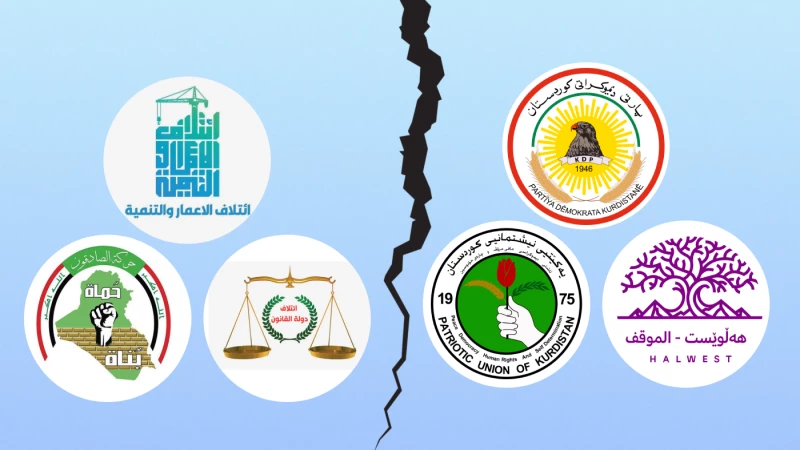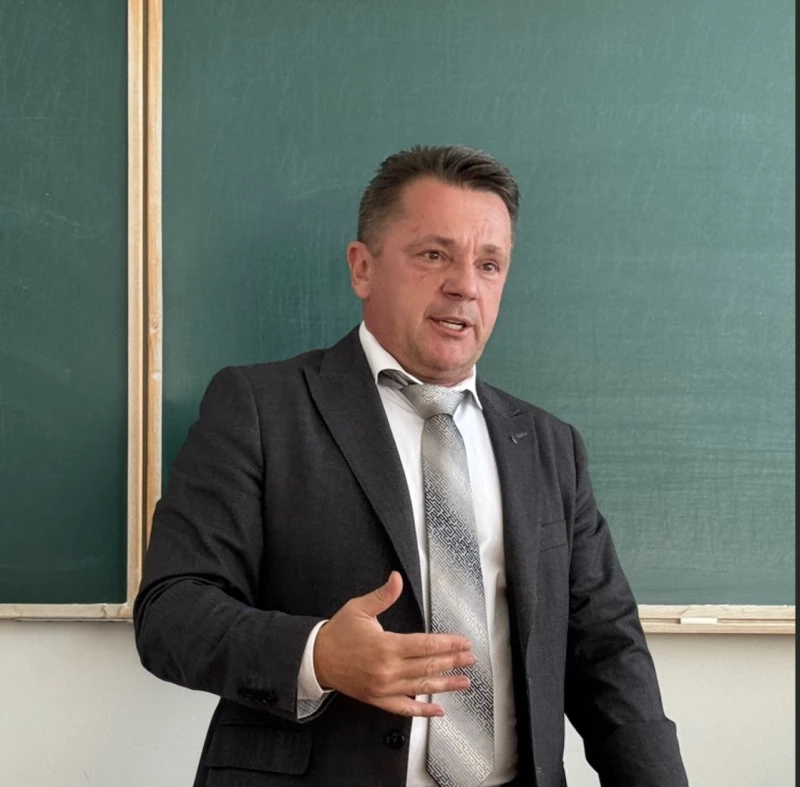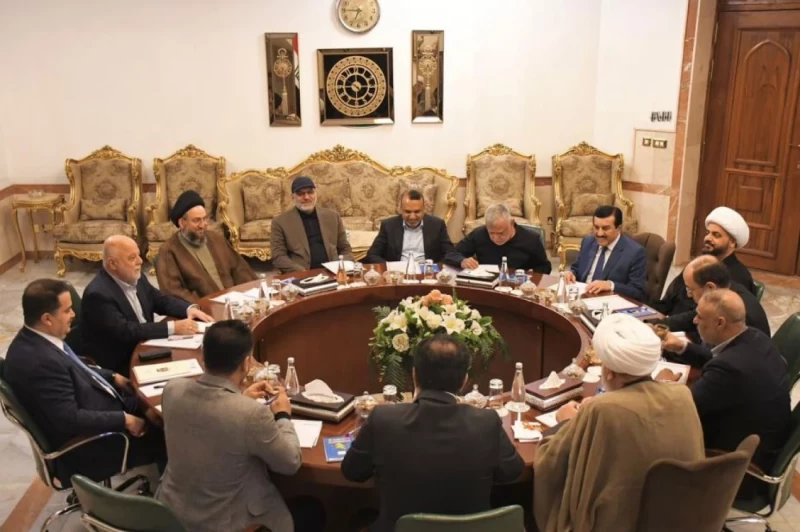Iraq's Independent High Electoral Commission (IHEC) has decided to disqualify current Member of Parliament Sajjad Salim from running in the upcoming elections scheduled for November 2025. The justification provided was Article 7 of the Council of Representatives Elections Law, which stipulates that a candidate must possess "a good reputation, repute, and conduct." The vague and ill-defined nature of this article allows it to be wielded as a tool for the systematic exclusion of political adversaries.
In this case, Sajjad Salim is being penalized for his clear stance against the Popular Mobilization Forces (PMF) and political leaders within the Coordination Framework, such as Qais al-Khazali and Faleh al-Fayyad. In the absence of any judicial ruling convicting Salim of a crime or of affiliation with the Baath Party—the primary legal conditions for electoral participation—the clause regarding "good reputation and conduct" has been invoked.
This disqualification is not an isolated event but part of a broader strategy gaining traction in Iraq. Concurrent with the manipulation of ambiguous legal provisions to target an opposition MP, the pretext of "security" is being used in the Kurdistan Region of Iraq to detain opposition figures ahead of elections. The recent campaign, which included the arrests of New Generation Movement leader Shaswar Abdulwahid and former co-president of the Patriotic Union of Kurdistan (PUK) Lahur Sheikh Jangi, sets the stage for targeting other figures, such as former President of the Republic Barham Salih. This trend is inextricably linked to the shrinking political space in federal Iraq. Although the tools may differ, the objective is the same: to close the democratic sphere to opponents and pre-engineer the results of the upcoming elections.
Elections as an expression of anger
Elections function as a "safety valve," allowing disgruntled citizens to express their anger through the ballot box instead of the streets. When this valve is shut by disqualifications based on vague electoral standards and biased security measures, societal pressure accumulates and seeks other, often violent, outlets for release.
In the Iraqi context, reaching the point of persuading a protesting public to participate in elections was no easy feat. Following the violent suppression of the Tishreen (October) protests of 2019-2020, a near-total rift emerged between society and the political class. The protest movement itself split into two currents: one advocating for "reform from within" by using constitutionally available tools—elections and parliament—to bring about change, and another believing the only solution was a complete boycott of the political system, with no option but its total overthrow.
Resolving this debate in favor of the "reform from within" current required an extraordinary intervention from the religious establishment in Najaf. It offered what amounted to a "bargain" to the political system: a new electoral law, a new electoral commission, and early elections in exchange for renewing confidence in the political process. This bargain legitimized the path of electoral participation, from which MPs like Sajjad Salim emerged. The disqualification of Sajjad Salim is about more than just one individual; it is a declaration of that bargain's collapse and a message to the public that reform from within is no longer a viable option.
Repression as an alternative to democracy
Authoritarian regimes typically tend to replace democratic tools with the capacity to exercise violence against opponents. This is a scenario that Iraq could devolve into amid the escalating strategy of political exclusion and the co-opting of state institutions to punish rivals. However, an Iraq in this form—should it materialize—would become a burden on its own leaders. In a country with multiple sources of arms, where official security forces overlap with armed factions and militias pursuing their own agendas, a "decision to repress" will not be a centralized and controlled one. This is because sustained repression is not merely a political decision; it is a complex and costly process that demands absolute loyalty and a unified chain of command—conditions that are entirely absent in today's Iraq.
Any attempt to impose "long-term repression" requires near-absolute external support, both politically and financially. While Iran provided a decisive shield for the authorities in Iraq to suppress the 2019 Tishreen protests, its ability to repeat this role today is highly questionable. The Islamic Republic is itself mired in internal crises and economic challenges, not to mention the decline of its regional influence compared to previous years. Consequently, the "repression" option is not a viable strategy for achieving authoritarian stability; rather, it is a high-stakes gamble that could accelerate the disintegration of the ruling system from within.
A final opportunity
The ruling political class may be betting that it can manage the crisis once again, perhaps by repeating the 2019 scenario and awaiting a last-minute intervention to save it. However, a similar intervention from the religious establishment is improbable, let alone from an Iran that is nursing its own wounds. There is no one left to grant legitimacy to a system that has proven its insistence on closing every avenue for peaceful change.
The only way to preserve what remains of the state and prevent its slide into chaotic violence is not through temporary tactical retreats, but through a strategic transformation that opens the door to genuine political competition, based on fair and impartial standards that apply to all.
Faced with this impasse that the authorities have imposed on themselves and the country, the burden of finding a way out shifts from the circles of power to their opponents. But this exit will remain impossible as long as the opposition itself remains captive to the very divisions that the ruling system has entrenched. The future of change in Iraq today hinges on the birth of a national, cross-identity opposition that redefines the fundamental conflict: not one between the center and the region, or between north and south, but between all citizens and the system of ethno-sectarian apportionment and corruption that drains them all.
Breaking the political and psychological barrier between the dissident in Sulaimani and the protester in Basra is no longer a luxury. It has now become the essential precondition for any real change to come.
The views expressed in this article are those of the writer and do not necessarily represent the position of The New Region's editorial team

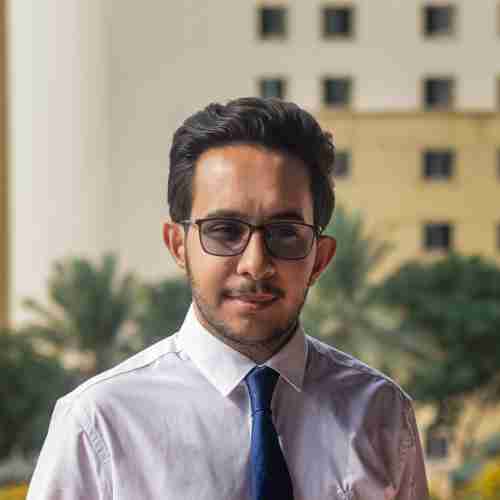
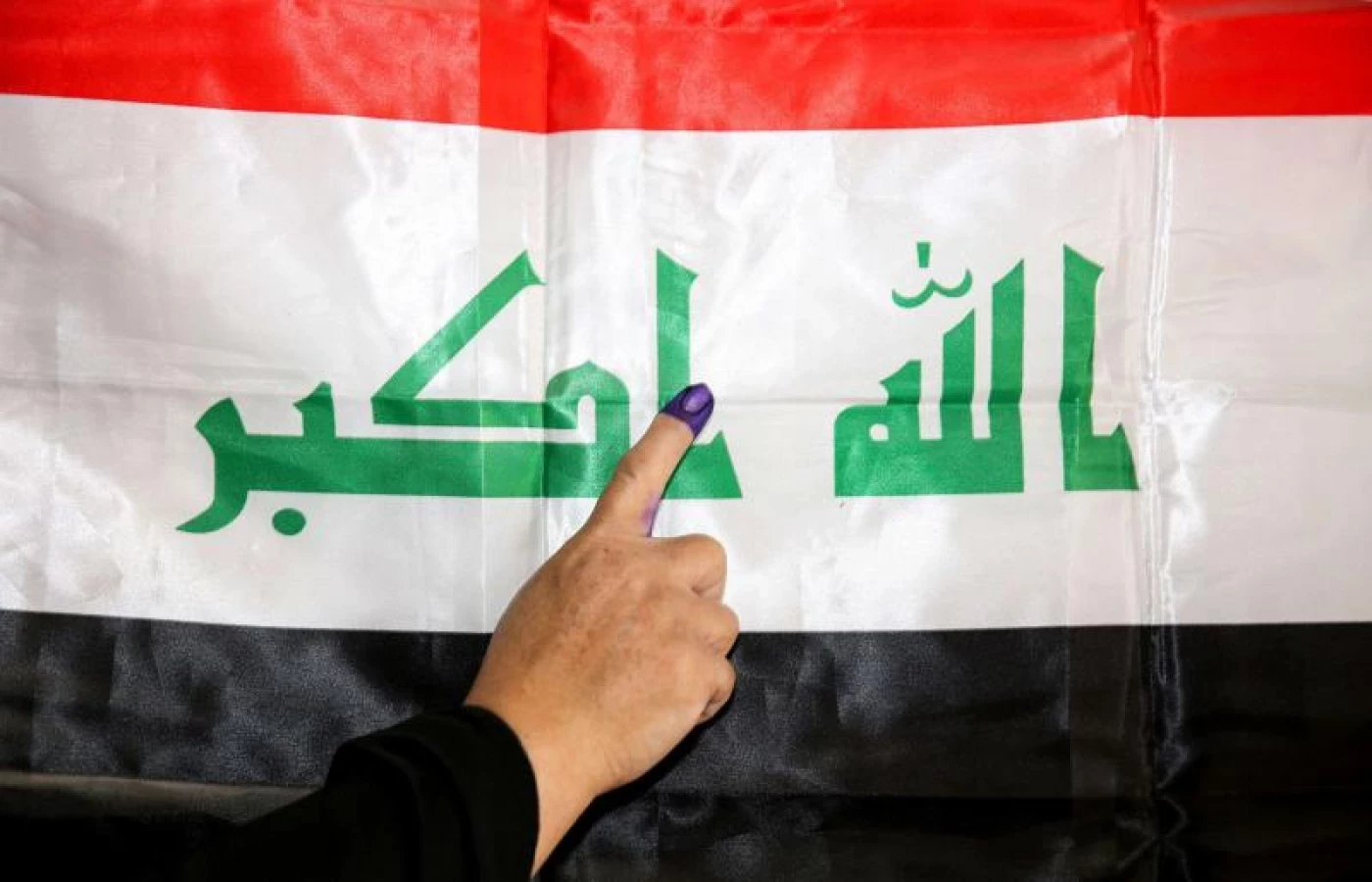
 Facebook
Facebook
 LinkedIn
LinkedIn
 Telegram
Telegram
 X
X
